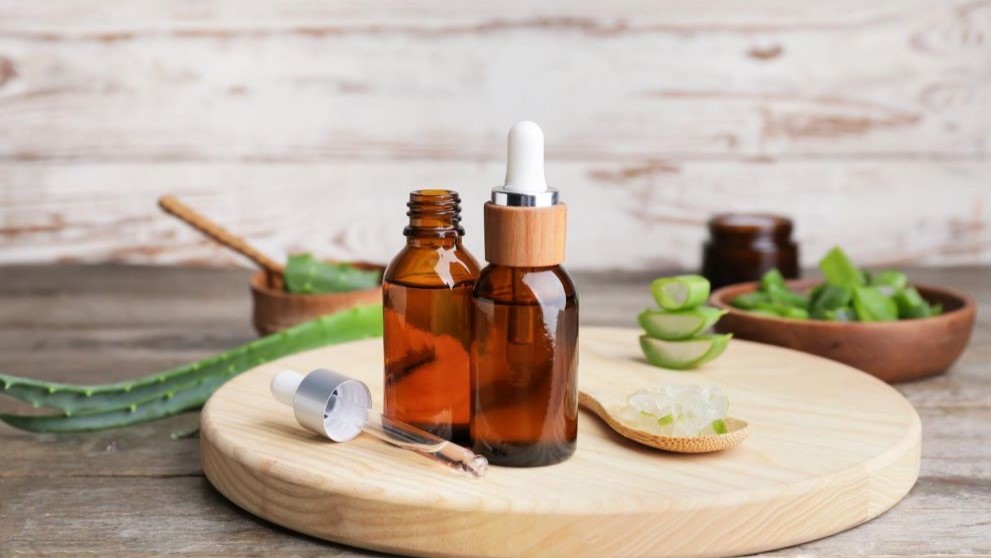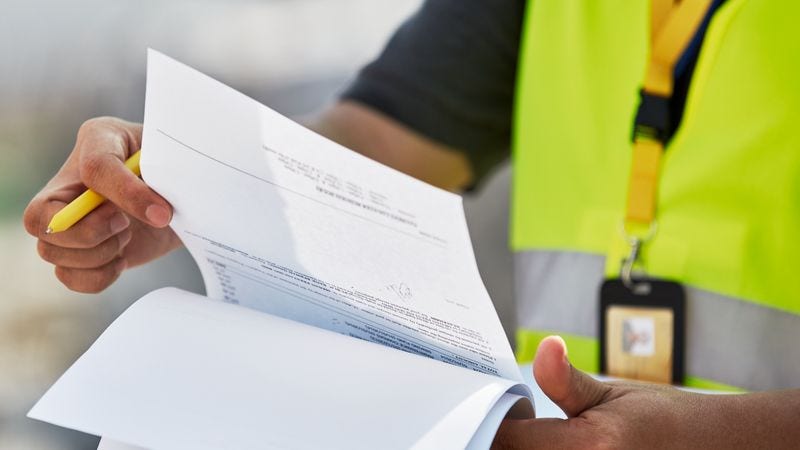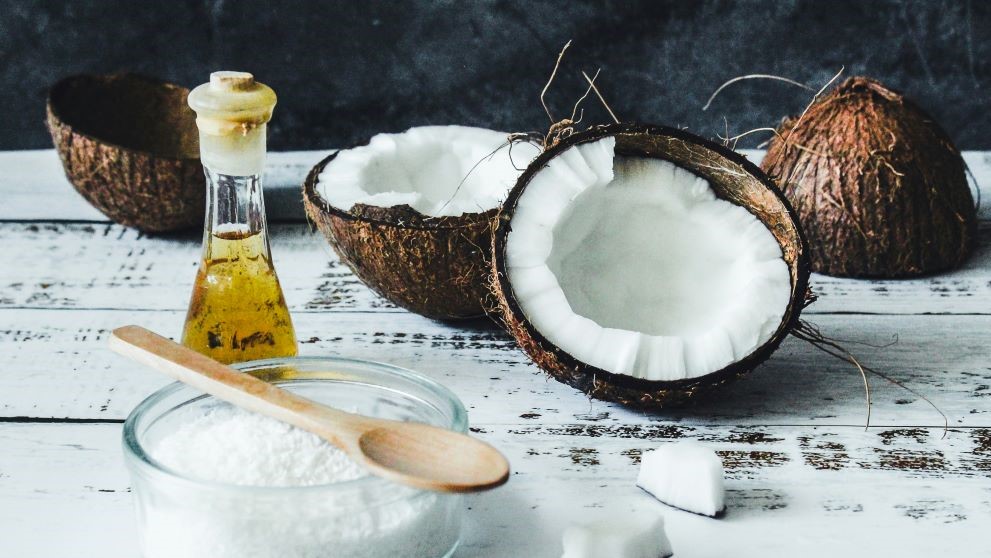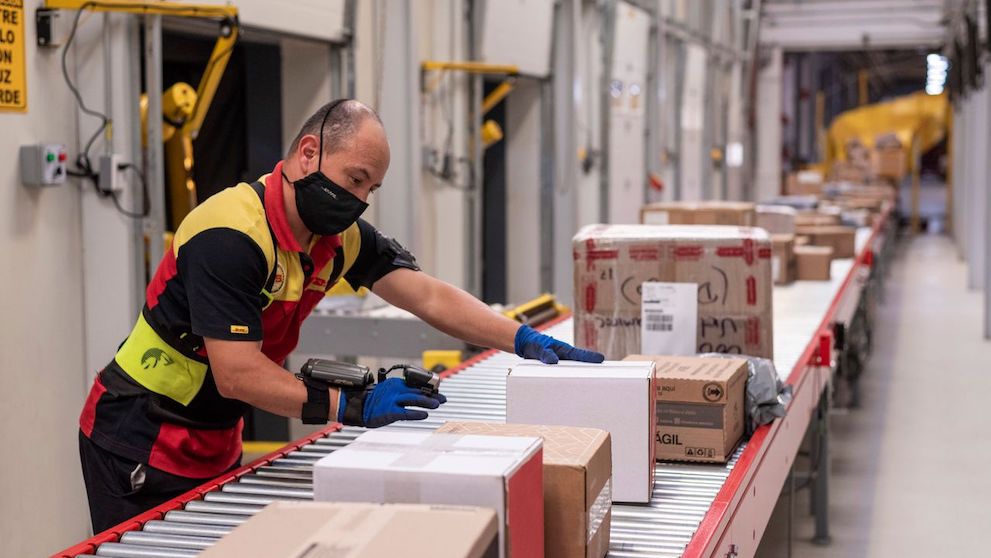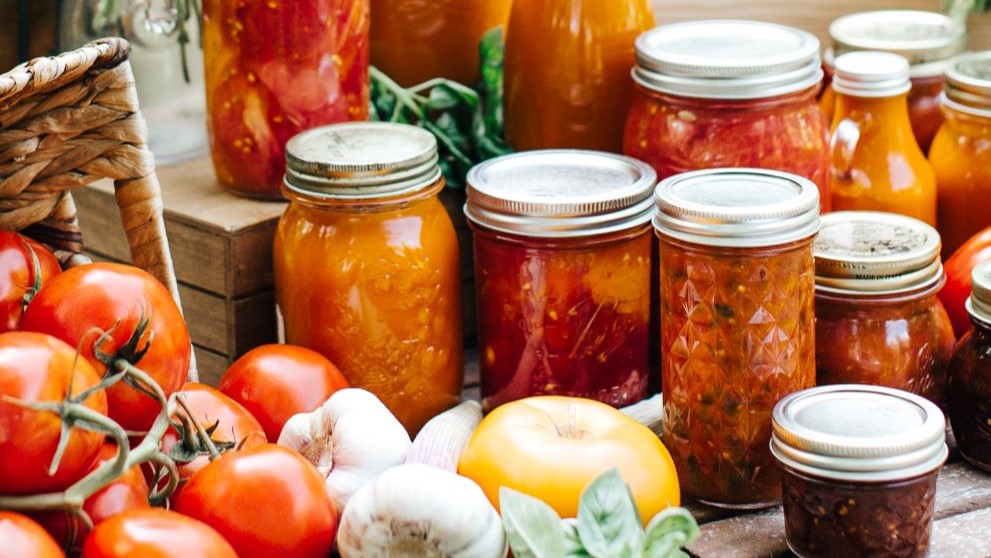Sri Lanka, often referred to as the Pearl of the Indian Ocean, is renowned for its rich biodiversity and fertile soil. Among its many exports, essential oils stand out for their purity and therapeutic properties. From aromatic rosemary oil to versatile tea tree oil, there are many types of essential oils from Sri Lanka that have found their way into homes and businesses across the globe.
In this blog, we’ll explore the intricate journey of these oils from distillation to delivery, and the best practices for ensuring these delicate products reach their destination safely.
An overview of Sri Lanka’s essential oils industry
Sri Lanka's essential oils industry is a thriving sector, deeply rooted in the country's agricultural traditions. The island's unique climate and soil conditions provide the perfect environment for cultivating plants like rosemary, citronella, eucalyptus, and tea tree, which are widely grown in order to be transformed into high-quality essential oils.
These oils are used in a variety of purposes, from aromatherapy to skincare and even on hair, essential oils are highly sought-after for their benefits and versatility.
How essential oils are produced
The extraction of essential oils is an art and science that has evolved over centuries. In Sri Lanka, both traditional and modern techniques are employed to ensure the highest quality of oils, preserving their therapeutic properties and unique aromas.
Traditional techniques
Traditional methods, such as steam extraction of essential oils, have been used for generations. This method involves passing steam through plant materials, causing the essential oils to evaporate and then condense into a pure form. The steam distillation extraction process is time-consuming and labour-intensive but is renowned for producing oils of exceptional purity.
Modern techniques
Modern techniques, like cold pressing and solvent extraction, are also widely used. Cold pressing is primarily used for citrus essential oils, where the oil is mechanically pressed out of the fruit's peel. This method is efficient and retains the oil's vibrant, fresh scent. Solvent extraction, on the other hand, uses solvents to dissolve the essential oil from the plant material, which is then evaporated, leaving the pure oil behind.
